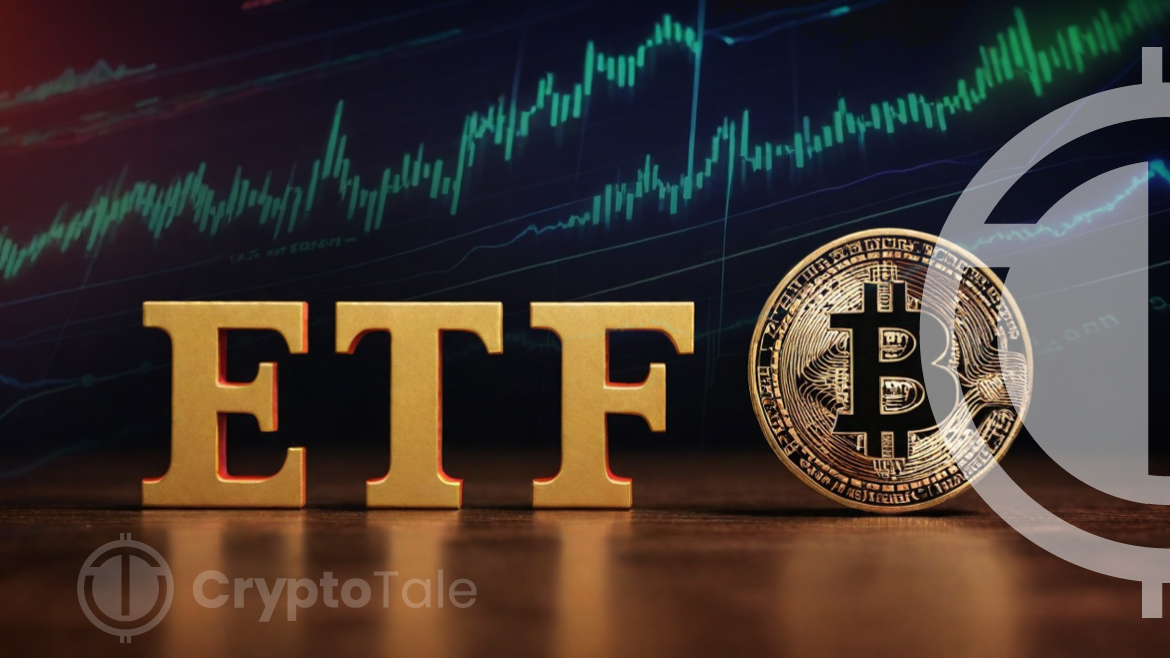- Analyst Crypto Capo questions ETF-driven Bitcoin demand, questioning if inflows truly reflect market sentiment.
- He added, ETFs which are managed by giants like BlackRock increase Bitcoin’s movements, changing the market dynamics.
- There is ambiguity around institutional ETF participation, which creates more doubt about the true nature of the ETF-driven Bitcoin demand.
In a recent discourse, Crypto Analyst Crypto Capo shared insights regarding the inflows into Bitcoin (BTC) spot Exchange-Traded Funds (ETFs), casting doubt on the so-called bullishness. He said that understanding the reason for these inflows requires a closer examination of their implications and underlying mechanisms.
BTC spot ETFs are just like traditional investment funds; they trade on stock exchanges with Bitcoin as their underlying asset. Managed by entities like BlackRock, Grayscale, and Fidelity, these ETFs present a convenient avenue for investors to gain exposure to Bitcoin without directly holding the cryptocurrency.
Contrary to widespread belief, inflows into BTC spot ETFs may translate to something other than direct demand for Bitcoin itself. Interestingly, the analyst added that while inflows signify increased capital entering the ETF, the crucial question arises: are fund managers acquiring Bitcoin for their portfolios or solely for the fund?
Moreover, the narrative surrounding ETF inflows often overshadows the distinction between institutional and retail investors’ participation. Despite notable names like BlackRock and Fidelity offering BTC ETFs, the extent of their personal Bitcoin holdings remains undisclosed. This lack of clarity raises concerns regarding the true nature of ETF-driven demand.
Furthermore, CryptoCapo added that ETFs acting as exchanges have the power to increase the asset movements and volumes. While they offer visibility and facilitate capital influx, they shift and create the demand towards ETF shares rather than directly impacting Bitcoin’s market. This can be another reason to be speculative about the genuine bullishness of ETF-driven inflows.
On Wednesday of last week, the price of Bitcoin experienced significant fluctuations. During this time, the IBIT ETF from BlackRock, a U.S. spot Bitcoin exchange-traded fund, saw the most trading volume, with over 96 million shares being traded. This activity amounted to around $3.3 billion and set a new record for the third day in a row.
Grayscale’s GBTC also saw a lot of investors taking their money out of the fund, with $216.4 million being withdrawn, which was the highest amount for February. This shows that some investors have mixed feelings about Bitcoin. However, Crypto Analyst Lunde argued that most of these GBTC outflows might not significantly impact the overall Bitcoin market. He believes this is because investors are likely selling their GBTC shares to buy actual Bitcoin






